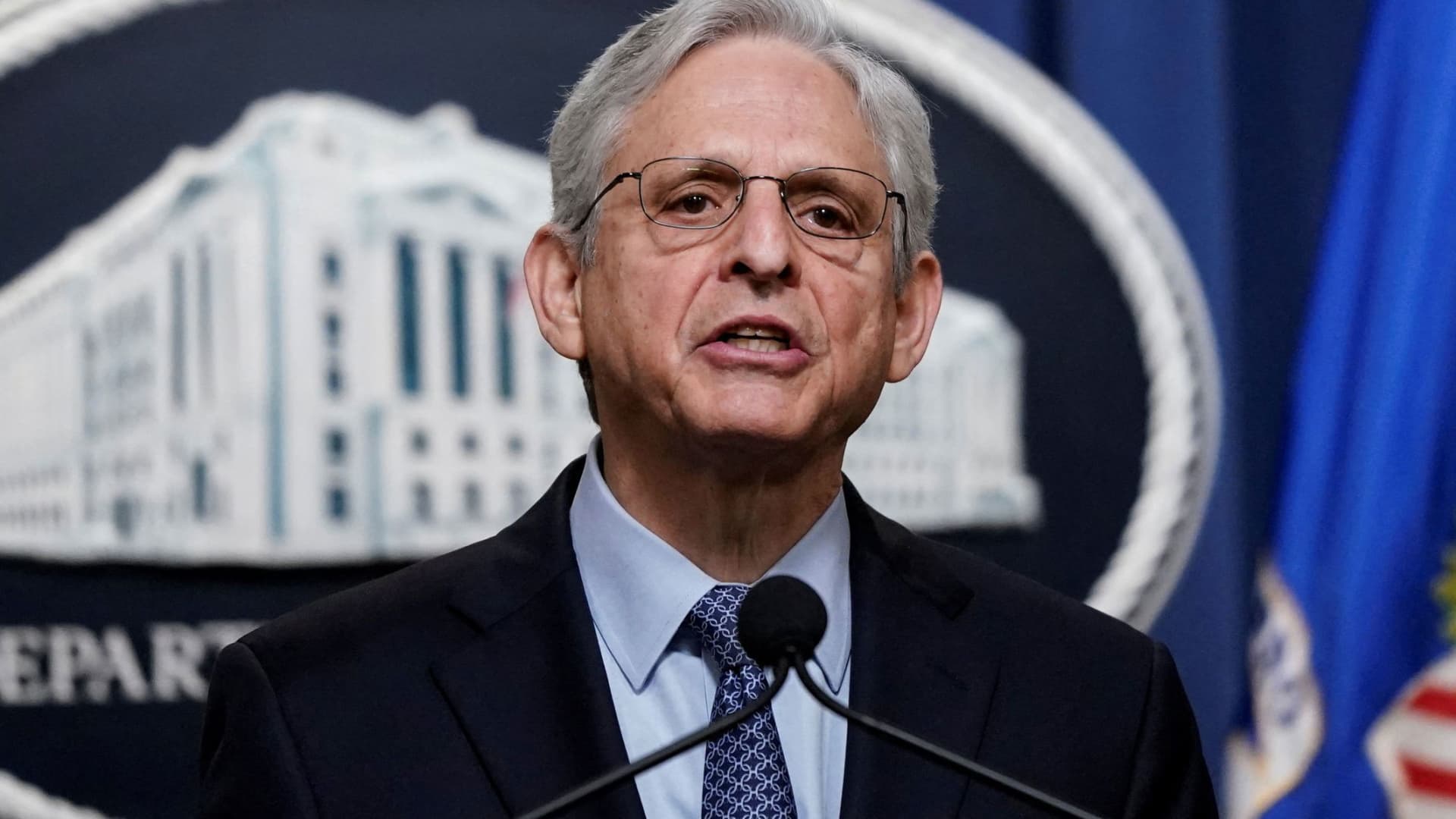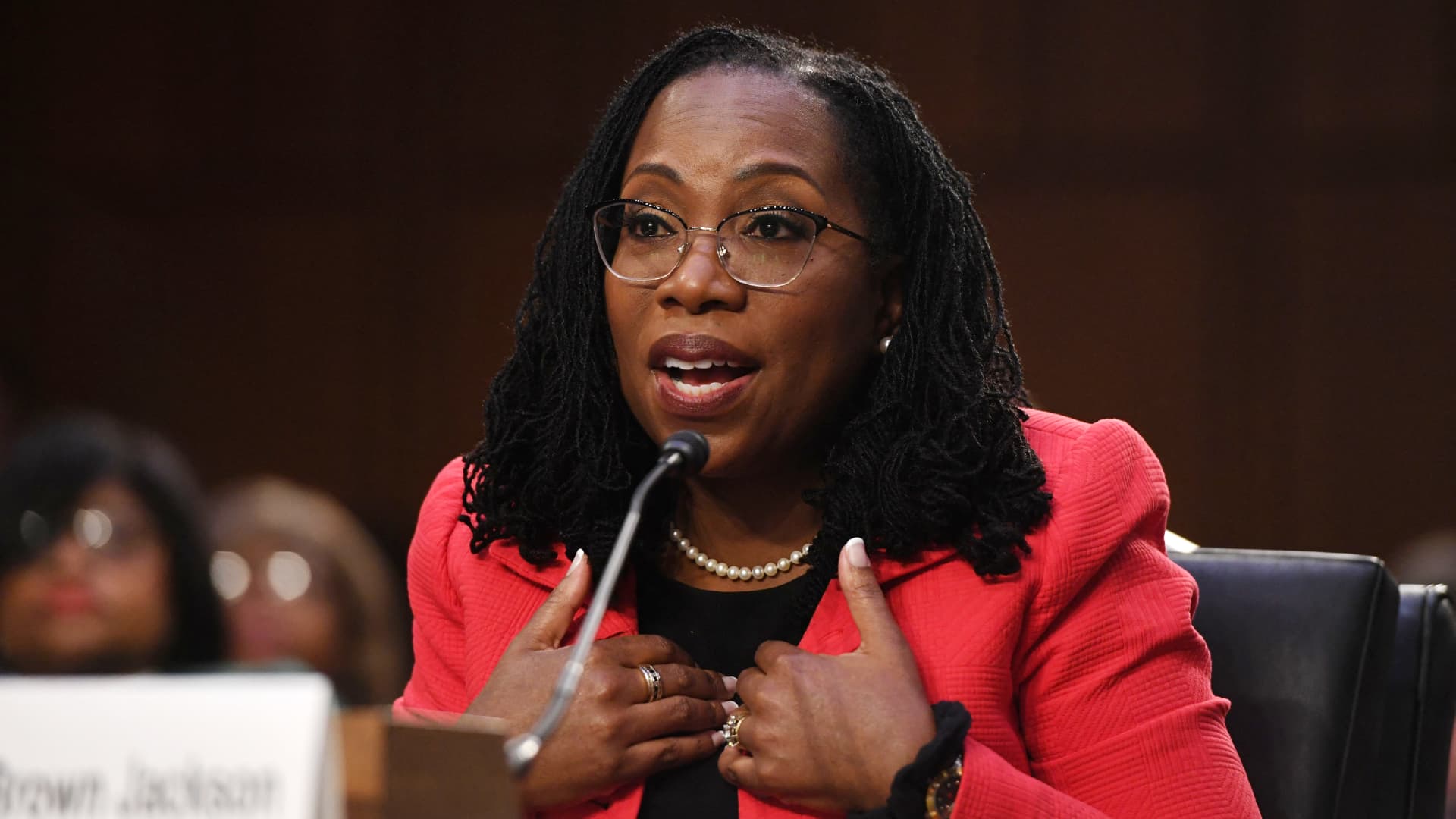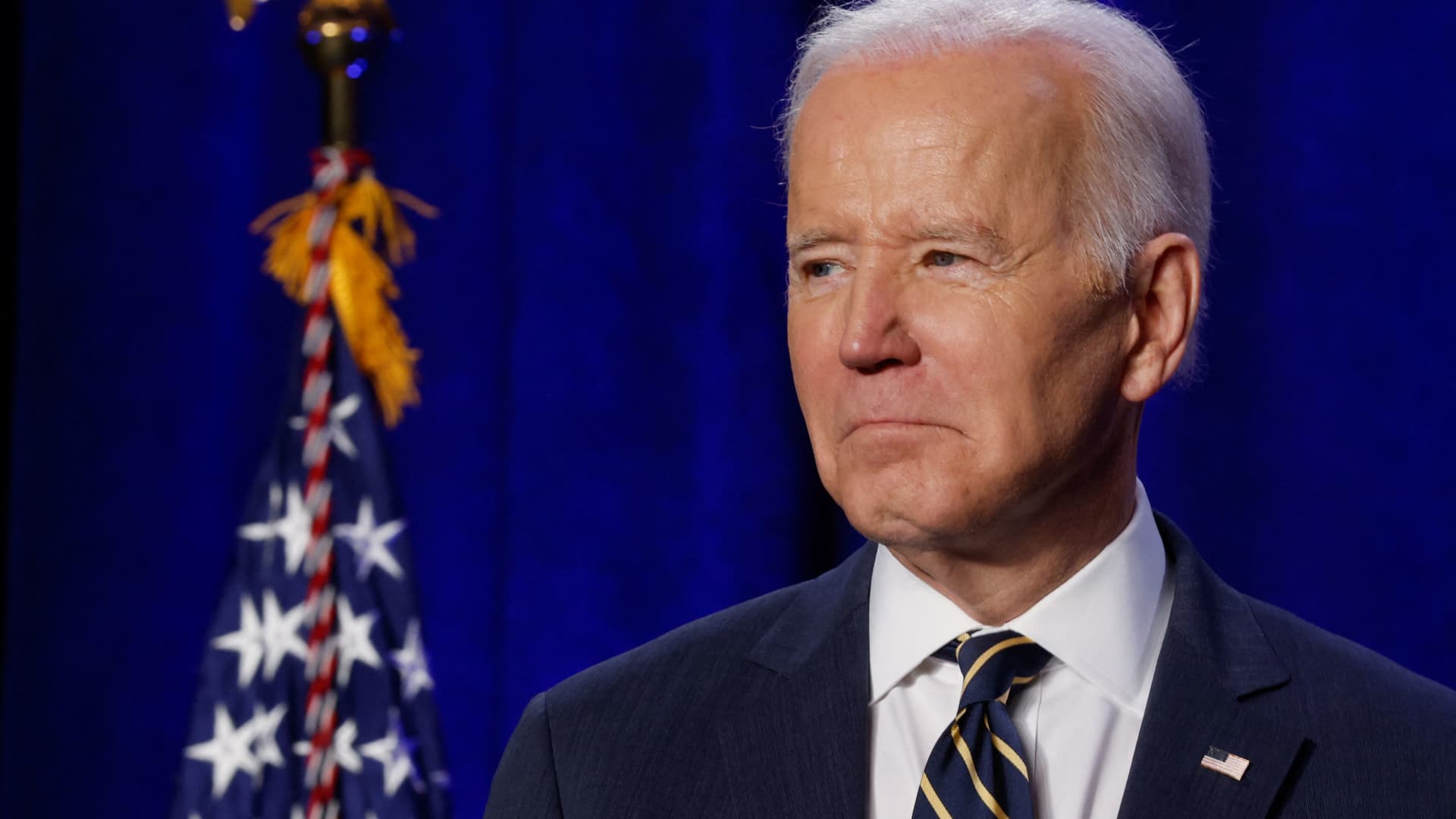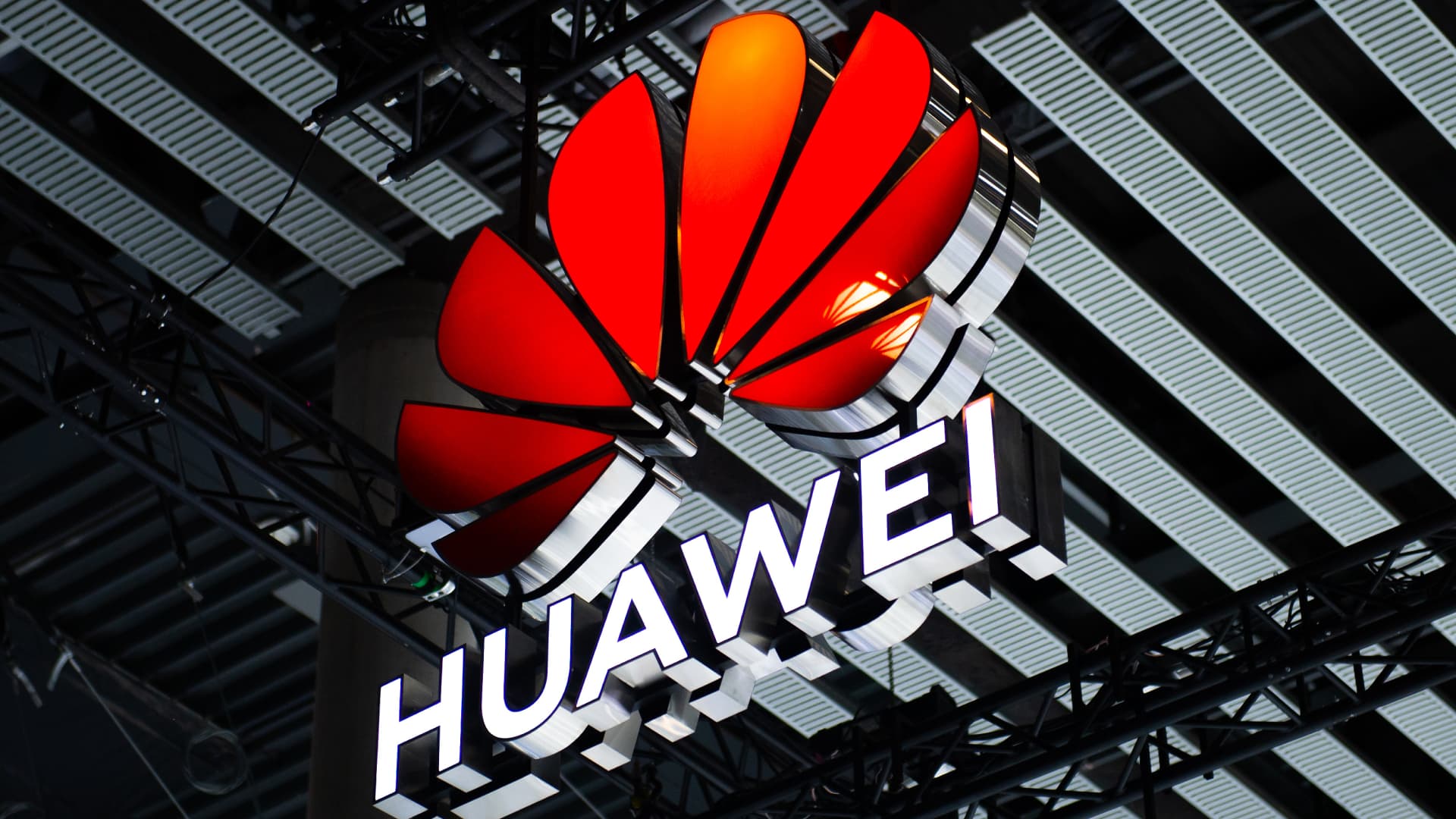Facebook owner Meta told to sell Giphy as British regulator blocks acquisition
Meta, Facebook's parent, has been told by the U.K.'s competition watchdog that it must sell GIF-sharing platform Giphy.
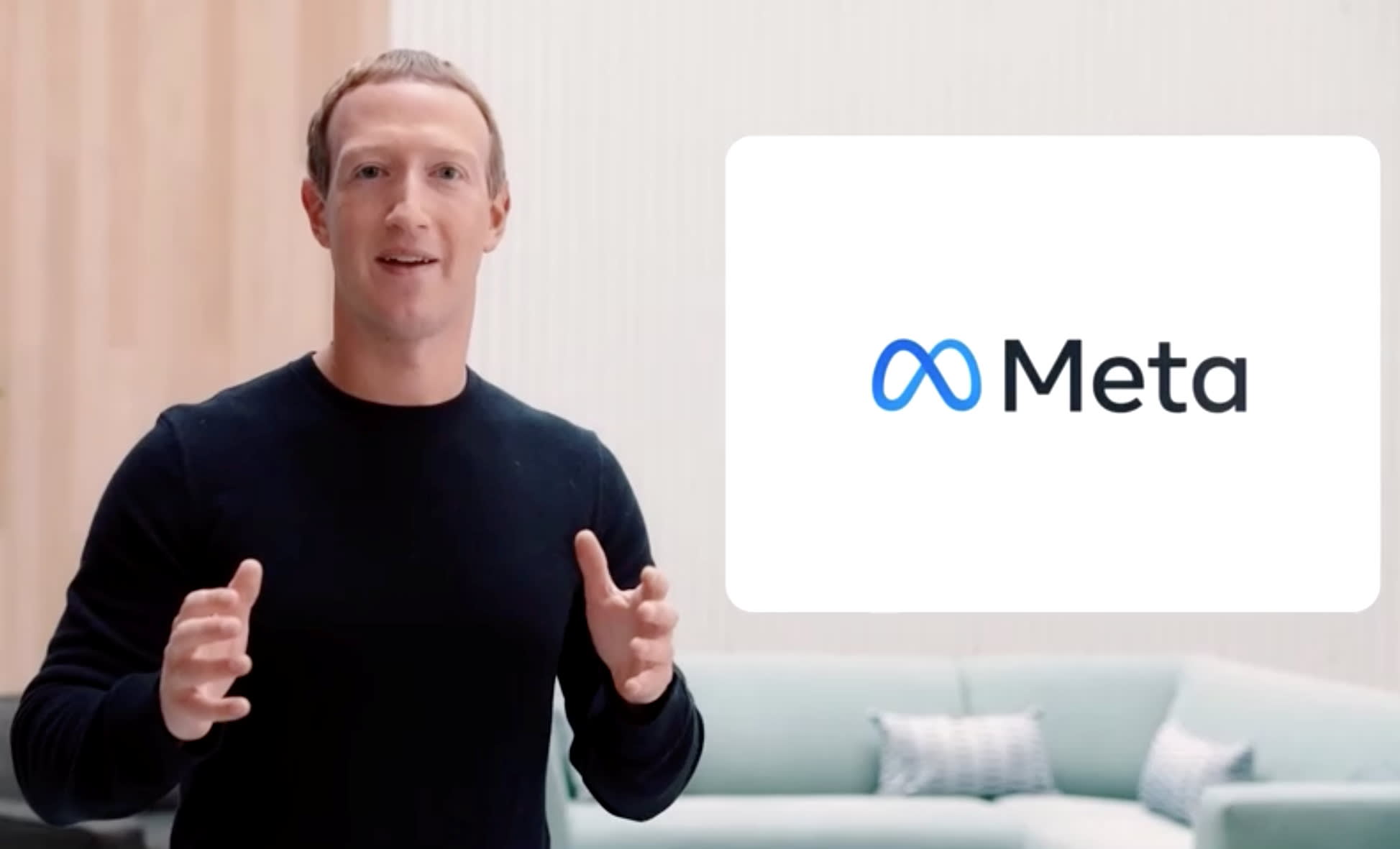
Facebook CEO Mark Zuckerberg speaks during a live-streamed virtual and augmented reality conference to announce the rebrand of Facebook as Meta, in this screen grab taken from a video released October 28, 2021.
Facebook | via Reuters
LONDON — Meta, Facebook's parent, has been told by the U.K.'s competition watchdog that it must sell GIF-sharing platform Giphy.
The Competition and Markets Authority said Tuesday the deal could harm social media users and U.K. advertisers. Meta said that it disagrees with the decision and that it's considering an appeal.
The regulator concluded that Meta's acquisition of Giphy would reduce competition between social media platforms. It added that the deal has already removed Giphy as a potential challenger in the display ad market.
A panel found that Facebook would be able to increase its already significant market power in relation to other social media platforms by denying or limiting other platforms' access to Giphy GIFs. This in turn would send more traffic to Facebook-owned sites – Facebook, WhatsApp and Instagram – which already account for 73% of user time spent on social media in the U.K., the panel concluded.
Meta could also change the terms of access to Giphy's GIFs, the CMA said. For example, it could require the likes of TikTok, Twitter and Snapchat to provide more user data in order to access Giphy GIFs.
Impact on advertising
Prior to the deal in May last year, Giphy launched its own advertising services and it was considering expanding to countries outside the U.S., including the U.K. Giphy's ad services allowed firms like Dunkin' to promote their brands through visual images and GIFs.
The CMA found that Giphy's ad services would have been able to compete with Facebook's own display advertising services, while also encouraging innovation from other social media sites and advertisers.
Facebook shut down Giphy's advertising services at the time of the merger. The CMA said this is a cause for concern, especially because Facebook controls nearly half of the £7 billion ($9.4 billion) display ad market in the U.K.
Stuart McIntosh, chair of the independent inquiry group carrying out the investigation, said in a statement Tuesday that the deal has already removed a potential challenger in the display ad market.
"By requiring Facebook to sell Giphy, we are protecting millions of social media users and promoting competition and innovation in digital advertising." It's unclear how long Meta will have to sell Giphy.
"We disagree with this decision," a Meta spokesperson said Tuesday. "We are reviewing the decision and considering all options, including appeal."
Peter Broadhurst, a partner at law firm Crowell & Moring, hailed the CMA's decision as hugely important.
"This is the first time the CMA has ever blocked a major digital tech deal and indicates the direction of travel for U.K. regulator's oversight of similar deals going forward," he said in a statement.
He added: "The decision also suggests that the CMA will not back down in the face of questions and criticism over jurisdiction and overreach – this is exactly the kind of deal that the CMA feels it should be scrutinizing."
In August, the CMA said it had provisionally found Meta's (still called Facebook at the time) purchase of Giphy would harm competition between social media platforms and remove a potential challenger in the display ad market.
At the time, the CMA said it may require the company to unwind the deal, which is reportedly worth $400 million, and sell off Giphy if its competition concerns are ultimately confirmed.
When the deal was announced, Facebook said it wanted to further integrate Giphy into the Instagram app "so that people can find just the right way to express themselves."
The CMA fined Facebook £50.5 million in October for failing to provide regular updates to show that it is complying with an order. It said Facebook "significantly limited the scope of those updates" despite repeated warnings.

 JaneWalter
JaneWalter 







